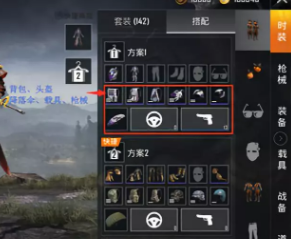newest crypto coins 2022, Featured
As a new energy storage technology, sodium ion battery has a broad development prospect. First of all, sodium resources are abundant and widely distributed on the earth, mainly in the form of sodium chloride (salt), which makes the raw material cost of sodium ion batteries relatively low. Secondly, the sodium ion battery has little environmental impact in the manufacturing process, and it is easy to realize environmental protection recycling, which conforms to the concept of sustainable development. In addition, with the technical breakthrough and the realization of large-scale production, the performance of sodium ion batteries will be further improved and its commercialization process will be accelerated.First, the development prospect of sodium ion batteriesDriven by global energy transformation and technological innovation, the sodium ion battery industry is rising at an unprecedented speed and has become a key force in building a new power system. Sodium ion battery has shown great application potential in many fields such as energy storage and transportation because of its rich resources, low cost, safety and reliability. The following is a detailed analysis of the development prospect of sodium ion batteries, as well as the opportunities and challenges of Pawa in the field of sodium electricity.
Pawa Co., Ltd. is mainly engaged in the research and development, production and sales of new energy battery materials, focusing on the subdivision direction of cathode materials for lithium-ion batteries and sodium-ion batteries, and actively deploying forward-looking fields such as semi-solid/solid-state batteries. In the field of sodium ion batteries, Pawa has mastered the core technology of precursor synthesis of sodium anode materials, and accelerated the research and development and industrialization of related products.Challenge:Opportunity:
3. Policy support: China Municipal Government attaches great importance to the development of energy storage batteries, and has issued a series of policies and measures to support the research and development and application of new energy storage technologies such as sodium ion batteries. This will provide a strong policy guarantee for the development of Pawa in the field of sodium ion batteries.3. Strong temperature adaptability: The performance of sodium ion battery is excellent in low temperature environment, even in the low temperature environment of -20℃, its capacity retention rate can still reach above 88%, which makes sodium ion battery have obvious advantages in energy storage application in cold regions.2. Market competition: With the rapid development of the sodium ion battery market, more and more enterprises will enter this field, and the market competition will be more intense. Pawa shares need continuous innovation and research and development to improve product quality and performance in order to stand out in the market.
Strategy guide
12-14
Strategy guide
12-14
Strategy guide
12-14



























